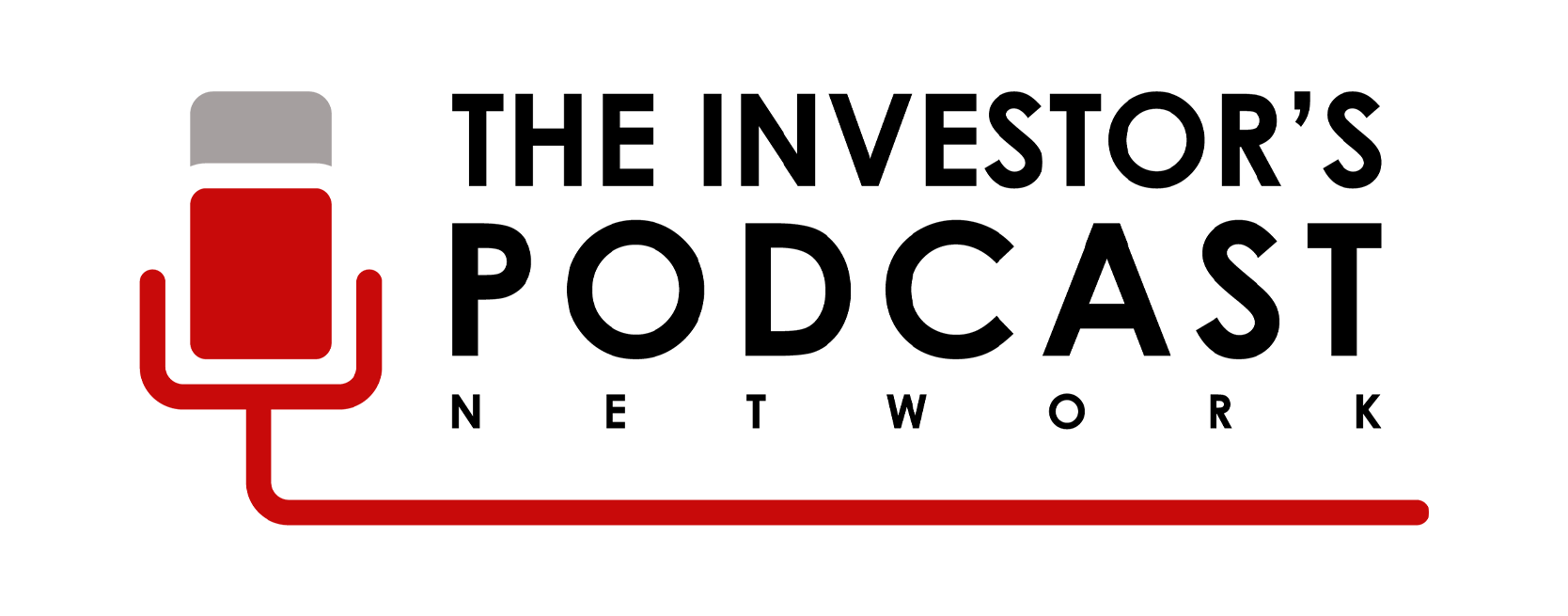How To Financially Cope With Job Loss
Losing a job in this economy—particularly in the United States—is a significant concern for most workers.
Major layoffs and hiring freezes have been steady while living costs are relatively high. Pundits also predicted that artificial intelligence (AI) could wipe out around 300 million jobs earlier in 2023.
If you’ve been affected by a layoff in your company, you might be dealing with a whirlwind of emotions. The financial stress of unemployment can also be daunting.
So, how do you manage your finances while preparing the groundwork for your next career move?
Adjust Your Budget by Cutting Unnecessary Expenses
Losing your job means losing your primary source of income. Even if your cash flow doesn’t hit zero, it will be lower. Thus, you should adjust your budget by cutting unnecessary expenses to save as much as possible.
To adjust your budget, separate the necessary expenses like food, groceries, and monthly bills from expenses you can cut back, such as streaming subscriptions. This separation helps you focus on essentials and avoid breaking the bank while unemployed.
At the same time, create weekly meal plans to determine your spending limits on groceries. Then, consider reducing the amount to set aside for savings only when you’ve exhausted all means to cut expenses.
Apply for Unemployment Benefits Immediately
The next thing you should do is check your eligibility for unemployment benefits programs. These state-funded insurance programs provide weekly financial assistance to those qualified individuals who lost their jobs.
Here are the general requirements for unemployment benefits:
- Your job loss isn’t your fault – This requirement means you left your job due to a lack of available work in most states. Unemployment insurance isn’t also usually granted to those who willingly quit their jobs or are fired for valid reasons
- Employment period and wage – Each state requires an employment “base period,” which is the specific time frame you’ve worked before losing your job. State requirements for wages earned also vary
- Additional requirements – You should meet these guidelines by submitting the necessary documents, so it’s best to check your state’s regulations before applying
Once you know you’re eligible, file your unemployment insurance claim in the state where your last job is. Depending on your state’s requirements, you may apply in person, by telephone, or online.
Consider Temporary Employment With Part-Time Jobs or Side Gigs
While exploring full-time job opportunities, consider temporary employment through part-time jobs or side gigs, even if they pay less or differ from your previous role. They help you financially survive the unemployment period and provide personal and professional growth opportunities that can be your assets for your next career.
One temporary employment opportunity to try is freelancing. If you have related skills, try freelance jobs like copywriting, editing, graphic designing, or translating. You can also turn some of your hobbies into side gigs.
Explore Other Financing Sources
You have other financing sources to consider besides unemployment benefits. Here are a few options:
- Public Assistance Programs: You may qualify for government assistance, such as food stamps, assistance for needy families, social security, and general assistance
- Severance Pay: Check if your employer offers severance pay upon termination of your employment. This program includes a lump sum amount that can help sustain your needs
- Personal Loans: Consider applying for a same-day personal loan if you urgently need money. However, if you have outstanding debts, it’s best not to take out more loans to avoid additional financial strain
- Crowdfunding: You can raise funds by initiating a cause to cover your expenses during job loss through platforms like GoFundMe
- Loved Ones: Try to ask for your loved ones’ financial support, especially those willing to help you with this challenging time. Establish formal agreements for repayment terms, if necessary
Negotiate With Lenders and Creditors
If you’re at the point where you struggle to repay mortgages or credit card balances, let your lenders and creditors know what you’re going through. Don’t succumb to the temptation of hiding or pretending a financial crisis doesn’t exist.
While it can be embarrassing, lenders and creditors deal with situations like yours almost daily. Open and honest communication is essential to help you explore options, like debt restructuring, to ease the financial burden of job loss.
Moreover, check if you purchased loan protection insurance. This policy can cover your debts during a job loss, so prepare the documents and file for a claim.
Limit Your Credit Card Use
It’s easy to accumulate high-interest debts when you rely on credit cards. These debts can be challenging to manage when you’re unemployed. So, as much as possible, use your credit cards for essentials and emergencies only by charging what you can afford to repay.
Additionally, avoid transferring balances from one card to another. Balance transfers often have high interest rates, while some cards charge transfer fees. It’s best to focus on repaying your outstanding credit card balance instead of moving it around.
Devise a Contingency Plan
Prepare for significant financial strains by devising a contingency plan. For instance, when you can no longer pay your expensive rent, you’ll have to find a cheaper alternative and decide to move away. You don’t want this last-minute decision to damage your financial situation further.
Setting a contingency budget plan lets you prepare for and mitigate the potential setbacks of last-minute financial decisions, ensuring you have a foundation during uncertain times. This proactive approach also helps you protect your financial well-being while searching for a new job.
Tap Your Emergency Funds as a Last Resort
While you set aside emergency funds for unexpected situations like medical costs, urgent home repairs, or job loss, they should be your last resort. You should only use these funds after exploring and exhausting other financing sources.
You should also think carefully before touching your retirement savings. Withdrawing the money, for example, from your 401(k) plan can be tempting, but it can do more harm than good.
If you take an early 401(k) withdrawal, you’ll face an Internal Revenue Service (IRS) penalty of 10 percent tax fee. The IRS only allows penalty-free withdrawals once you reach the age requirement—59½. However, there are exceptions, so ensure to check those before withdrawing.
Get Financial Counseling from a Financial Advisor
Lastly, consult a financial advisor to help you adjust your budget, manage spending habits, and get objective financial management insights. They will attentively listen to your issues and review your financial situation to determine the best actions to mitigate financial damage during this distressing time.
You can contact pro bono financial advisors offering free financial consultation services. This way, you won’t have to worry about paying service fees, as these advisors aim to improve your financial situation at no cost.
Secure Your Financial Well-Being While Unemployed
Job loss is financially distressing, mainly when living paycheck to paycheck. However, this isn’t the end-all-be-all of your life. You can secure your financial well-being by taking proactive steps to ease the financial burden while planning your new career path.









